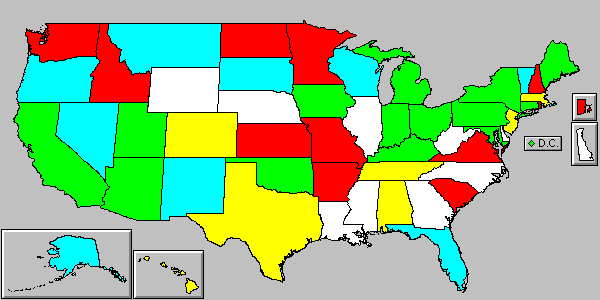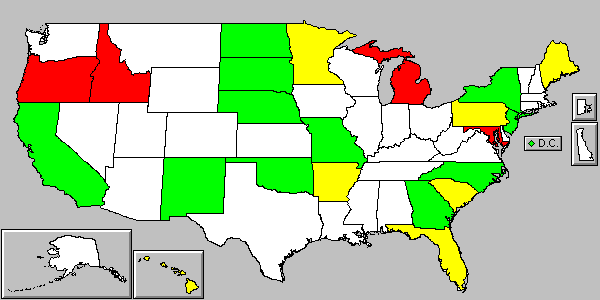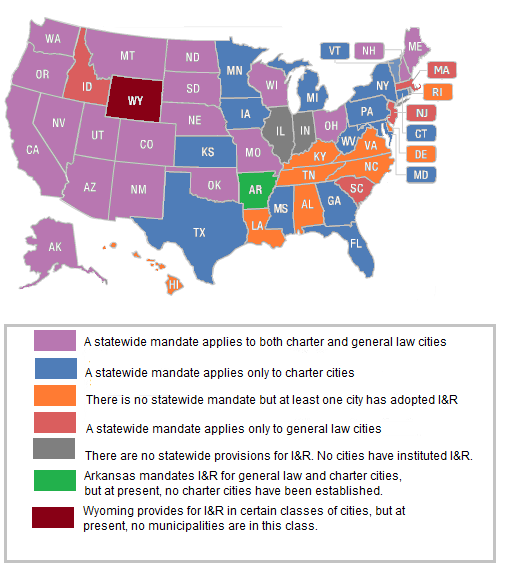affordable, democratic, grassroots legal solutions where the people power is
We've drafted the nation's strongest clean air laws and have helped communities used get them adopted at the local government level to stop proposed polluting industries. See our resources below to get a sense of what is possible in your state, and contact Mike Ewall if you'd like to consult with us on using local ordinances to stop polluters in your community.
Two ways to win…
The two most common ways that grassroots groups stop proposed polluters are:
|
Appeal state permits until company gives up and investors walk away
|
Community gets it stopped through local government
|
| Very expensive | More affordable |
| Highly technical | Accessible |
| Takes place in distant courtrooms | Takes place in local town hall |
| Disempowering | Empowering |
| Community members disengage | Community gets engaged |
| Plays within existing rules that allow pollution | Can write new rules to stop pollution |
| Does not build power | Builds power for future local victories |
| Hard to provide this sort of legal support to all the grassroots groups needing it | Easily replicable; can support many grassroots groups with this strategy |
Permit appeals rarely actually win. It’s the delay that kills projects. As community members disengage, expecting lawyers to handle it, groups often lose their ability to fundraise to keep the legal challenge going and then lose altogether.
Local ordinance approaches usually win and are more compatible with grassroots organizing.
Energy Justice Network is helping communities develop strict local environmental ordinances that hold up in court and set new standards for how industry operates. In Pennsylvania, three communities so far have adopted the nation's strictest mercury and dioxin air pollution laws, dissuading proposed polluters from locating in those towns. One was challenged and upheld in federal court.
We've mapped out state laws showing whether your state allows your local government to adopt stricter air or waste laws. Many states allow initiative processes in local governments, so you can gather signatures to bring the issue directly to the people at the ballot, if your local officials won’t pass it. Taking things one step further, we’re working to develop local democracy ordinances to help democratize government from the bottom up with clean elections laws.
To see what local ordinance options are possible in your state, and for help in crafting a model ordinance for your situation, contact Mike Ewall, Esq. at 215-436-9511.
Stopping Polluters with Local Ordinances Workshop Materials
- Flyer
- Powerpoint (PDF)
- Handout
- Overviews of laws in each state, allowing local air or waste regulation:
Our work in Pennsylvania
- Guidebook to Stopping Polluters with Local Ordinances in Pennsylvania (First Edition - March 2015)
[contains advice useful in all states, except where legal information is PA-specific] - Clean air ordinances adopted by PA communities to stop proposed crematoria

Local Municipal Solid Waste Laws Allowed (or not)

Green = Local laws allowed
Red = Local laws preempted
Yellow = In-between (allowed only in certain areas, for certain things, or subject to state approval)
Blue = Local air regulation programs allowed
Local Initiative and Referendum Laws
(click map to visit Ballotpedia.org site to learn more about whether initiative processes are authorized in your state/community)

